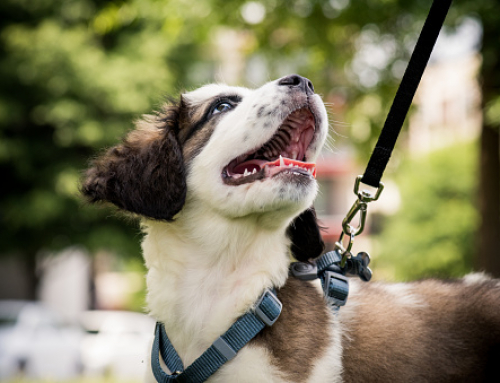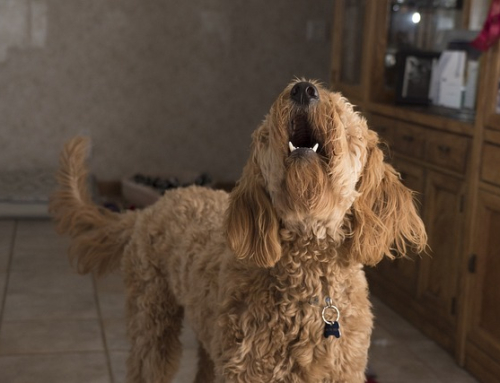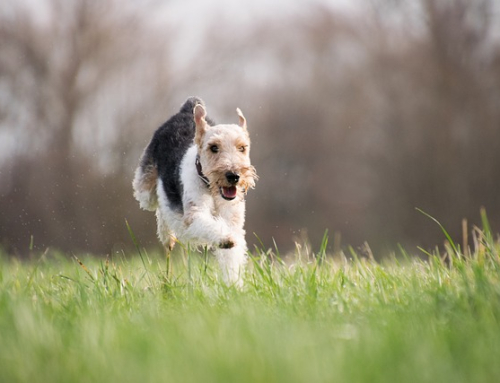Dogs who suffer from separation anxiety should not be confined to a crate. Indicative symptoms include destructiveness, vocalising or defecating after being left alone even for short periods of time.
Other dogs will not tolerate crating through fear, anxiety or phobia. Do not crate if showing signs of anxiety to include:
- damage to the crate from obvious attempts to escape
- damage to surrounding objects within reach whilst crated
- wet chest fur or to the bottom of the crate from drooling
- urination or defecation in the crate
- moving the crate whilst inside it; an
- excessive barking or howling.
Also consider if your puppy or dog:
- has diarrhoea
- is vomiting
- the temperature is uncomfortable/high
- has not had sufficient exercise, companionship, socialising and been to the toilet a short while before going into the crate.
A Place to Call Home
As mentioned, crate training is one of the best and more beneficial training techniques you can implement for a dog and is relatively easy to master. Consider, you are not just crate training, you are providing his very own den, a place of security, a safe haven.
Craig gets numerous enquiries from puppy owners thinking over what to do with their puppy while at work. The simple facts are that our family friends can get lonely and/or anxious and make a big mess. You can however keep your puppy safe and comfortable while you’re at work by crate training.
A large number of people don’t prefer to crate train and consider it cruel. Yet, when done correctly puppy crate training can be a solution for leaving them alone whilst in the office at home or if nipping out for a short while. Pet cube or a similar interior security camera such as the Ring Stick Up Cam Battery, their wireless design means you can stick it where you need it and move it when you need to.
The most common question with puppy crate training is how long should they spend in the crate? Leaving a puppy alone for eight hours is not a good idea at all. the period of time really depends on their age and one rule of thumb is to keep the duration to about one hour for each month of age however this is not a definitive answer. If you work away then it is a good idea to get a family member or responsible pet walker/carer to help out.
Leaving a puppy home alone in a crate is recommended by professional dog trainers and vets and helps reinforce boundaries, house training and prevents destructive behaviour.
Things to think about
- Choose the right crate
- Make it a happy place
- Alternatives like going to work with the puppy
- Use a dog walker or sitter
- Use playpens and gates
- Use a pet cam
Contact Craig THE DOG MAN®






